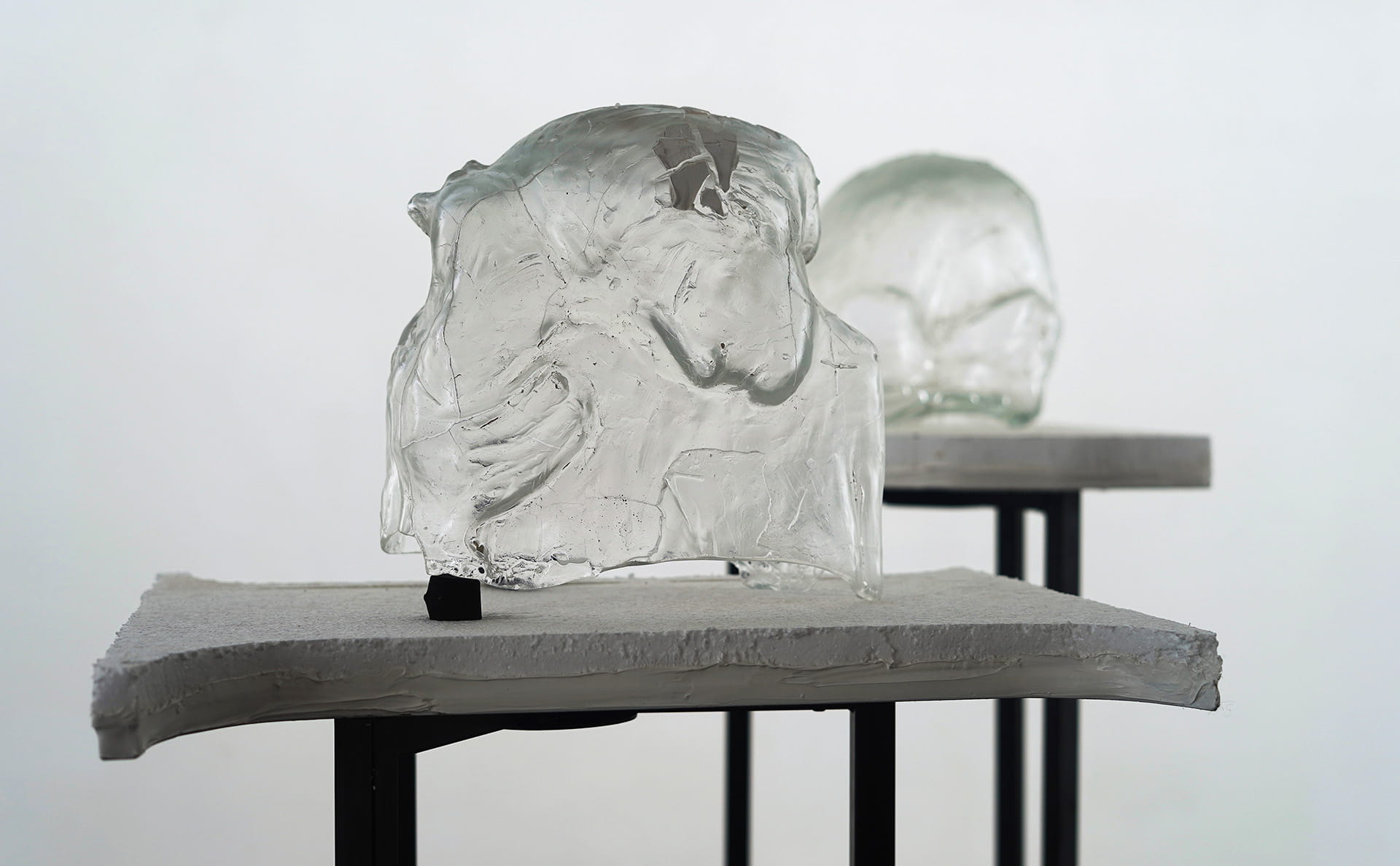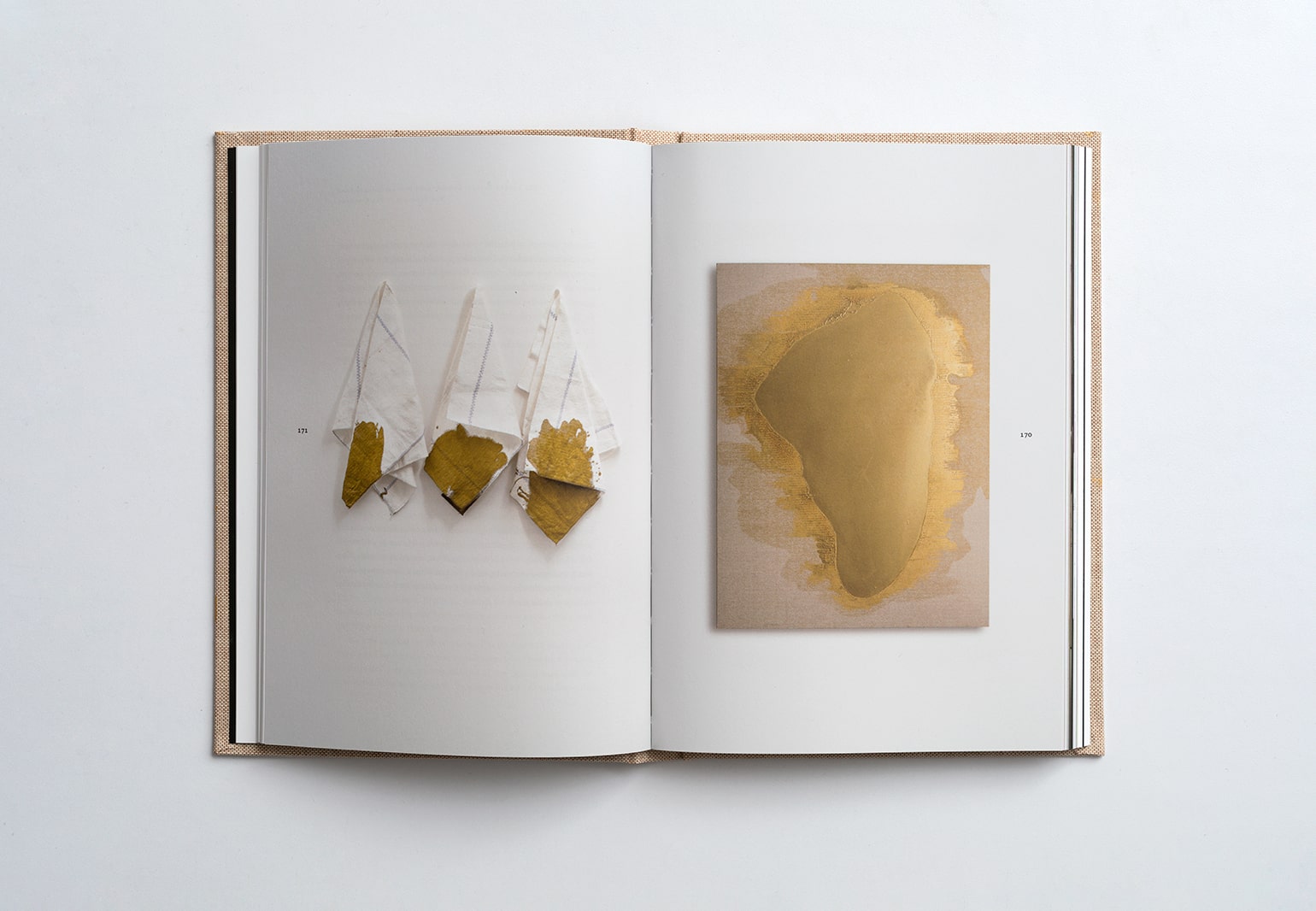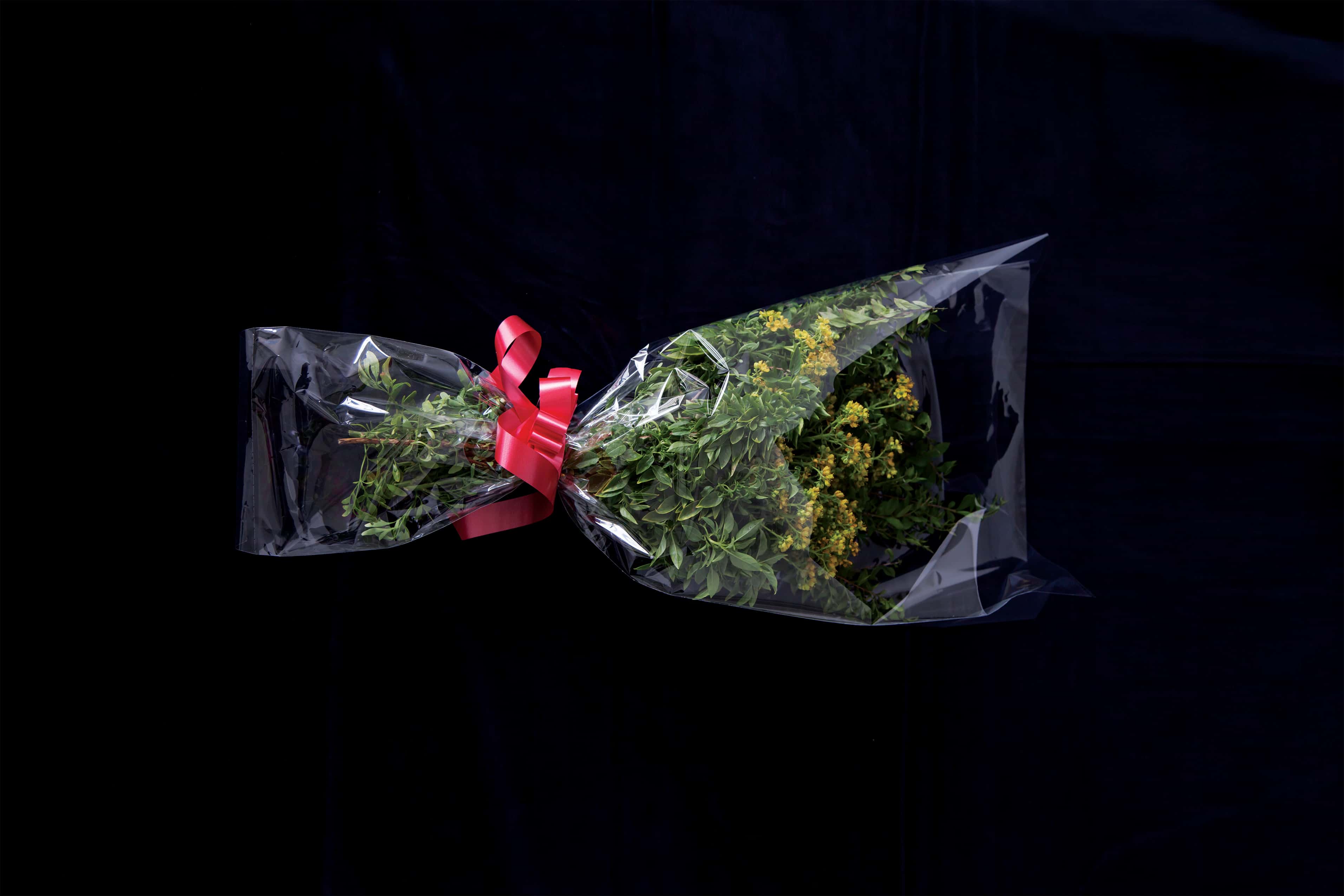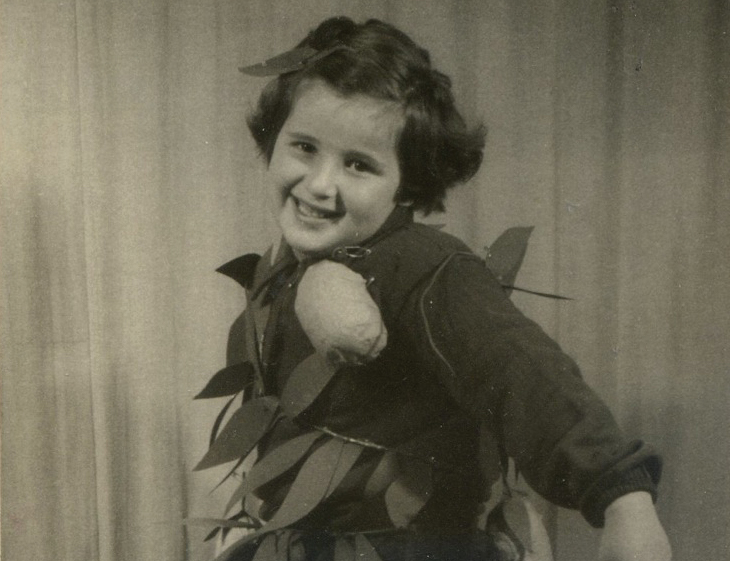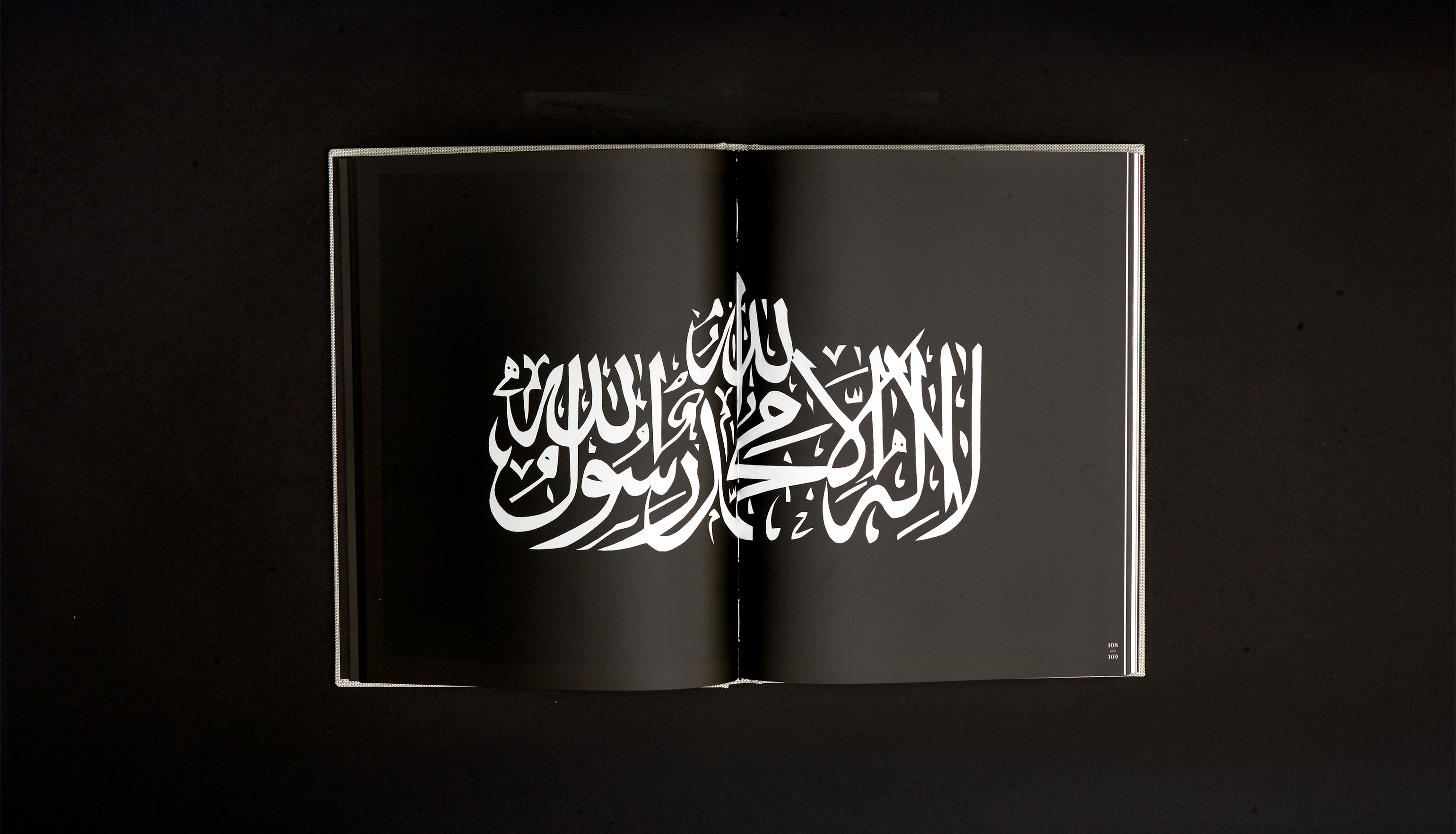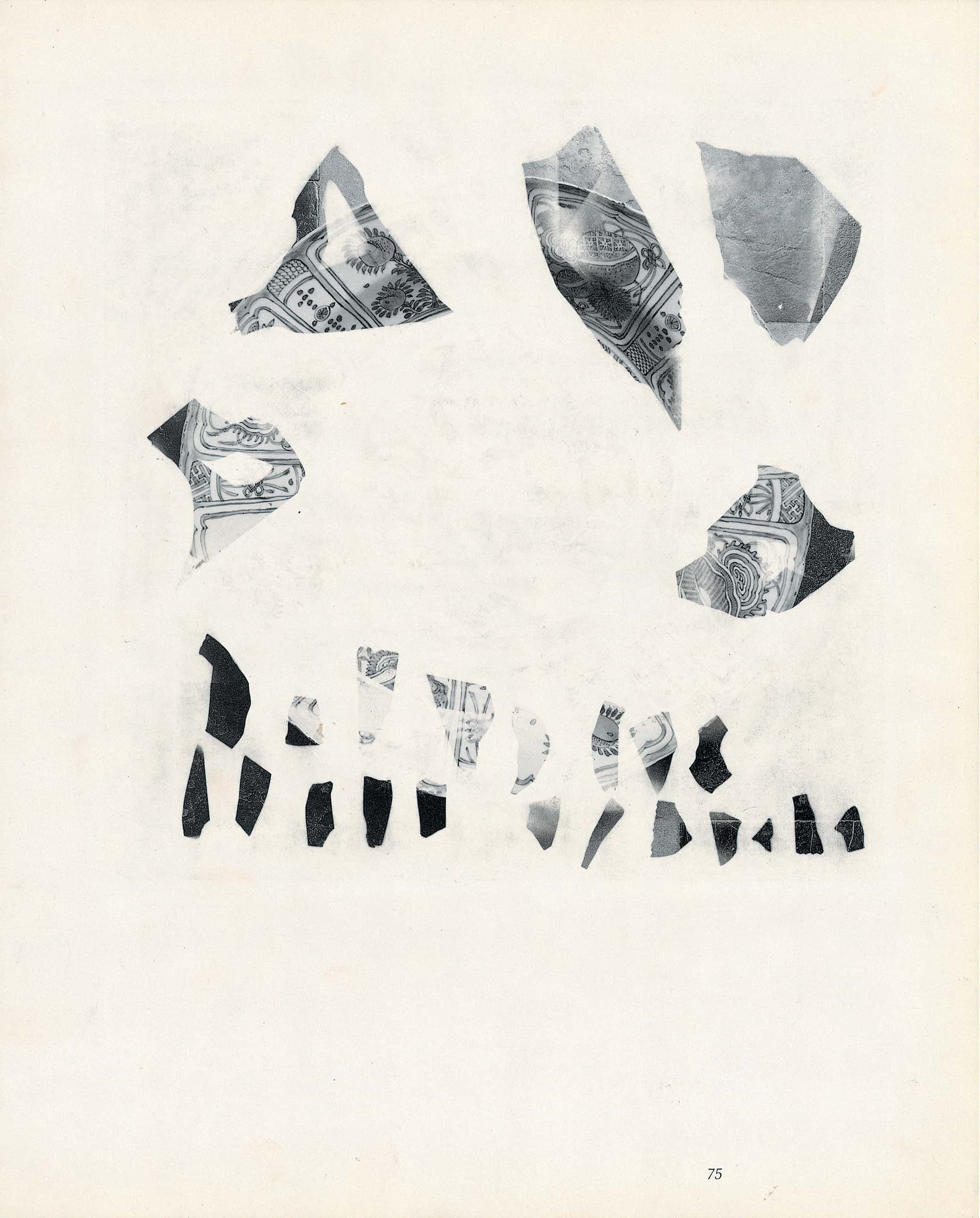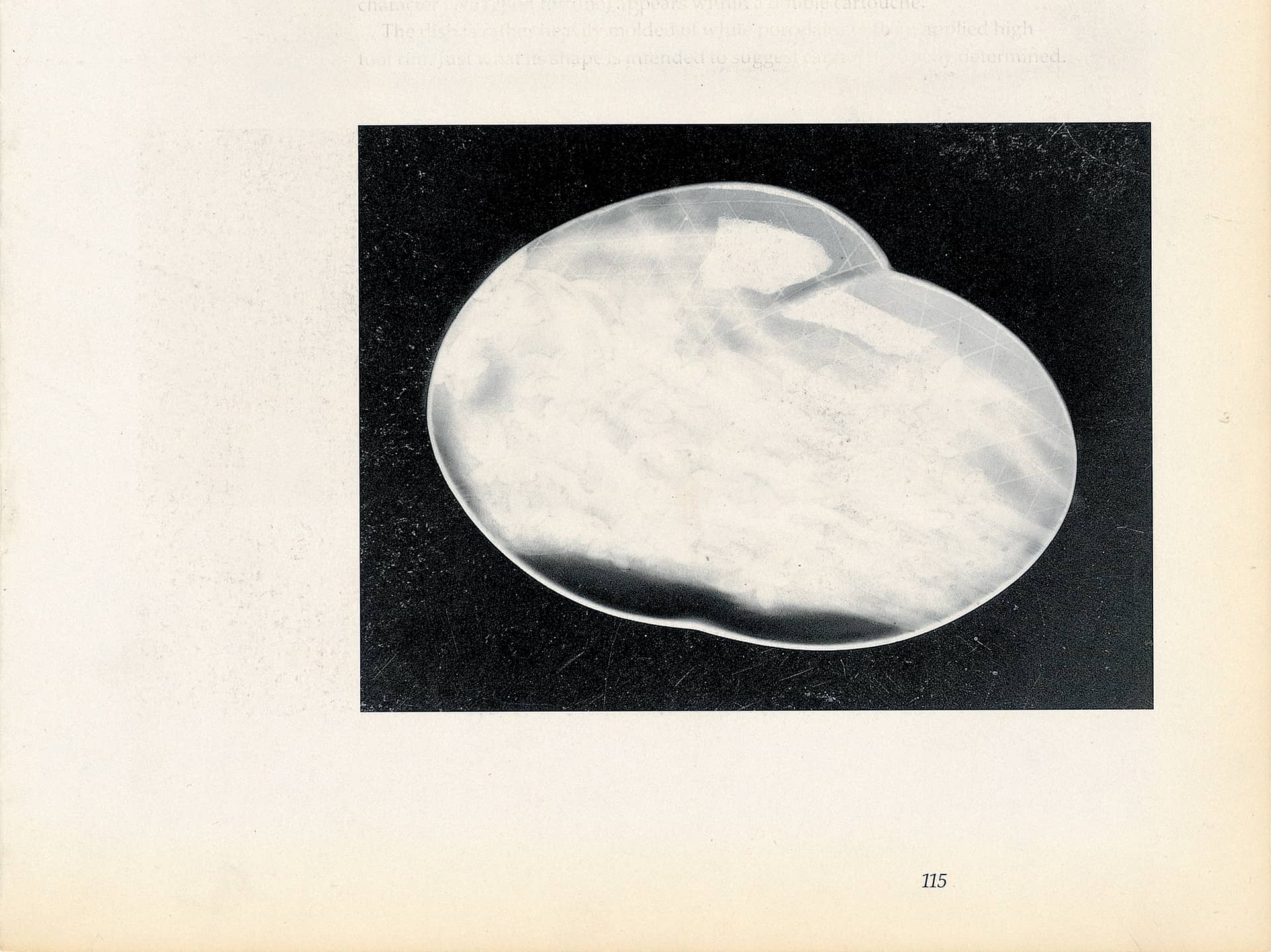Tamar Getter, 13:05
“Painting doesn’t change anything [in the real world]. It is useless, and that’s the important thing about it. [Painting] is to look at, it’s to absorb… It may open up new questions, but I don’t think it’s an act of criticism. You see a certain possibility in a line or in a situation. It’s curious, and you play with it… The search [to find] that precise [line] that vibrates for me, and hopefully for the viewer… touches a true nerve in your life, and in my life. I think that this is the struggle to make art.” -Tamar Getter
In the film Tamar discusses image-making and reflects on her extensive artistic career that spans painting, video, performance and stage projects. Tamar’s large scale painting installations are multidimensional and often incorporate text to tell stories through new voices and perspectives. A Letter to Joseph Beuys (1975) marks the first time that Tamar used long format text in her work. In the piece, Tamar writes a letter to the artist about the experience of marginality and feeling the need to be rescued. The letter reflects on Tamar’s identity as an artist working in Israel, which, she felt, was isolated from the Western art world. Describing the use of storytelling in her work, Tamar says, “I thought that if I put text in [my] paintings, it is a way to open space [up] to… things that you don’t see, and that you have to imagine. For me, it was a way to change the way of viewing things.” Tamar talks about conceptualism as a prominent art movement in the 1970’s, when her career began. At that time, there was an interest in questioning what constitutes art, and skills such as painting were seen as outdated in the context of these abstract questions. “My [art]work is not about an agenda,” she explains, “[my practice is] a confrontation with the materiality of objects and with the restrictions of the body that perform the act [of artmaking].”
In the Studio with Tamar Getter, is part of a series of artist video profiles created by Artis, edited and directed by Ian Sternthal, and produced by Sternthal Books. All rights reserved by Artis and Sternthal Books, 2023.
